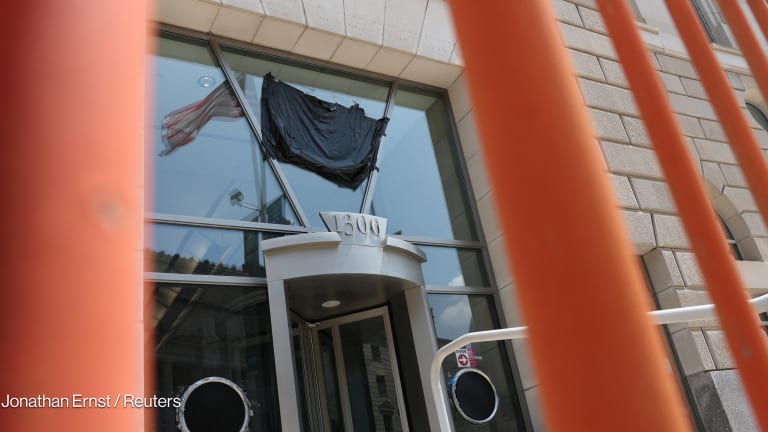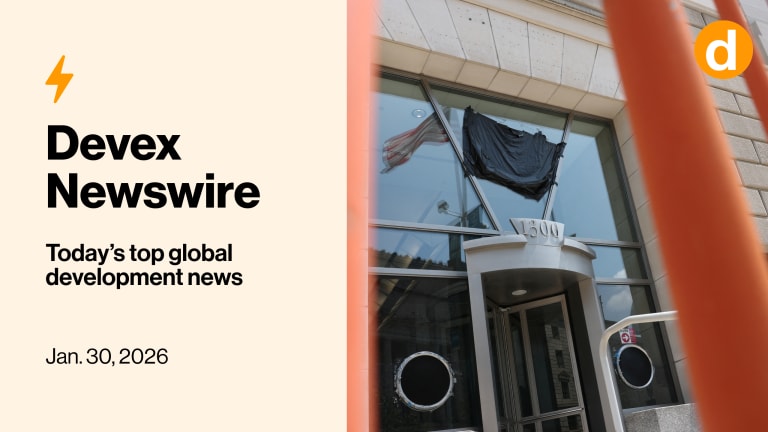The United Kingdom’s Foreign, Commonwealth & Development Office, or FCDO, has warned its senior staff that the U.S. foreign aid freeze is likely to have lasting effects beyond the initial 90 days — both on humanitarian aid and on U.S. relations with the communities it serves.
A memo sent to senior staff outlined the wide-ranging implications of the 90-day aid freeze and the potential integration of the U.S. Agency for International Development into the U.S. State Department, which it said would likely have a “seismic impact” on U.S. development’s focus on the Sustainable Development Goals. It added that a merger could “rapidly diminish overall U.S. personnel capabilities and capacity to deliver aid.”
It did not specify how the U.K. plans to respond to these developments, however, it separately told staff members that the U.K. will establish a mechanism to monitor the ramifications of the U.S. aid cuts on programs in conflict-affected countries, as well as the impact on international and multilateral organizations. U.K. development teams across the world will track health and humanitarian repercussions, as well as changes that drive migration, it said.








